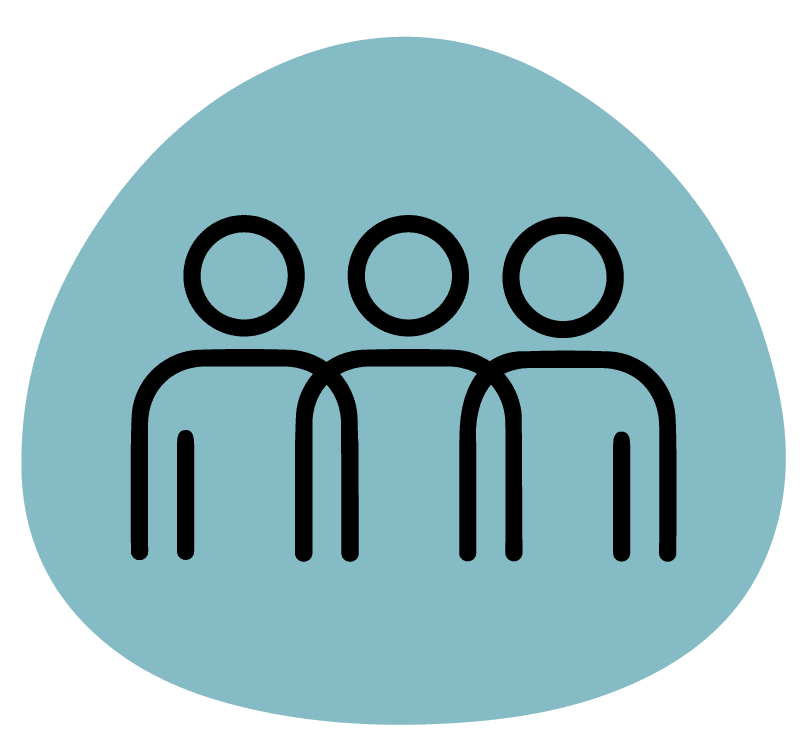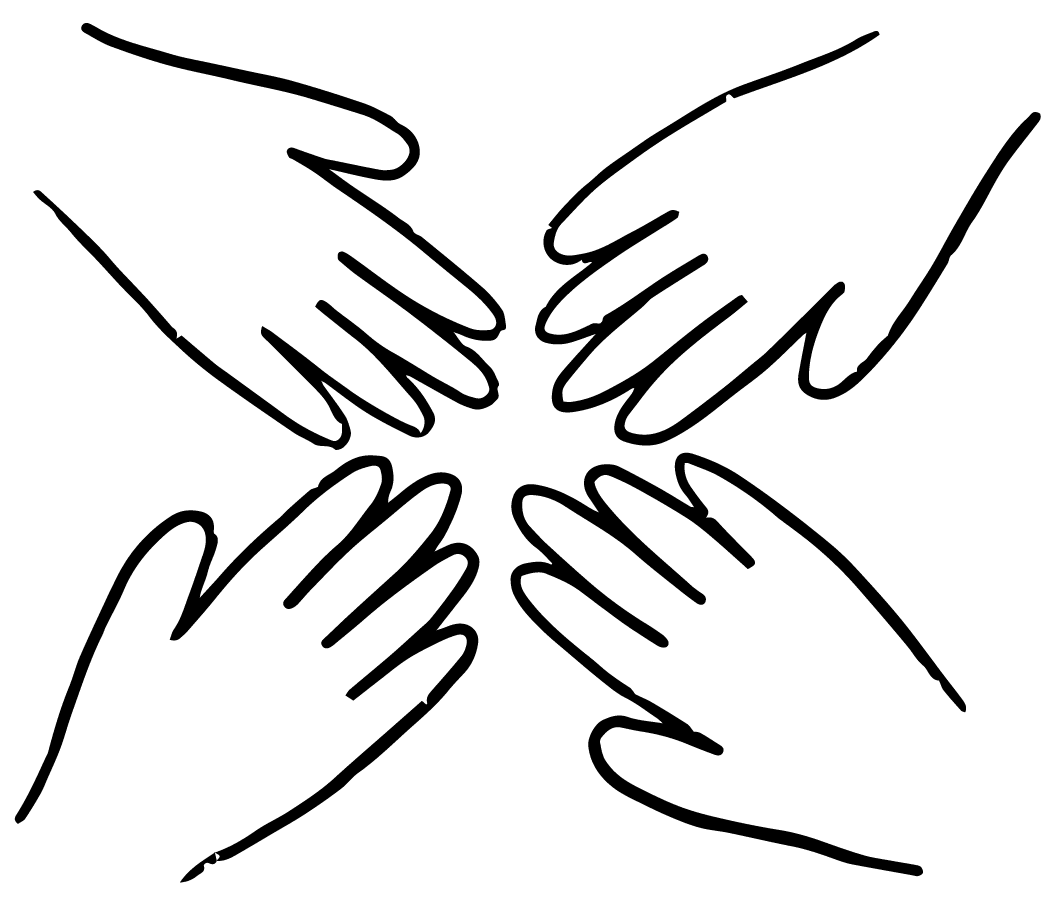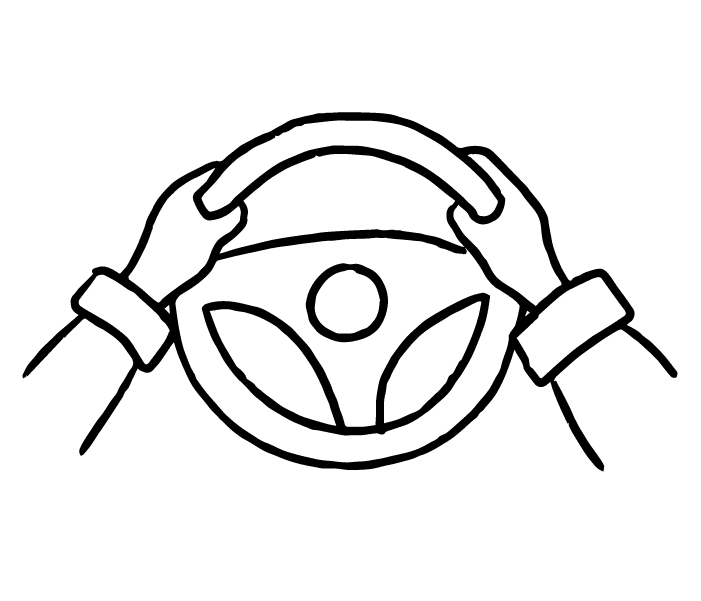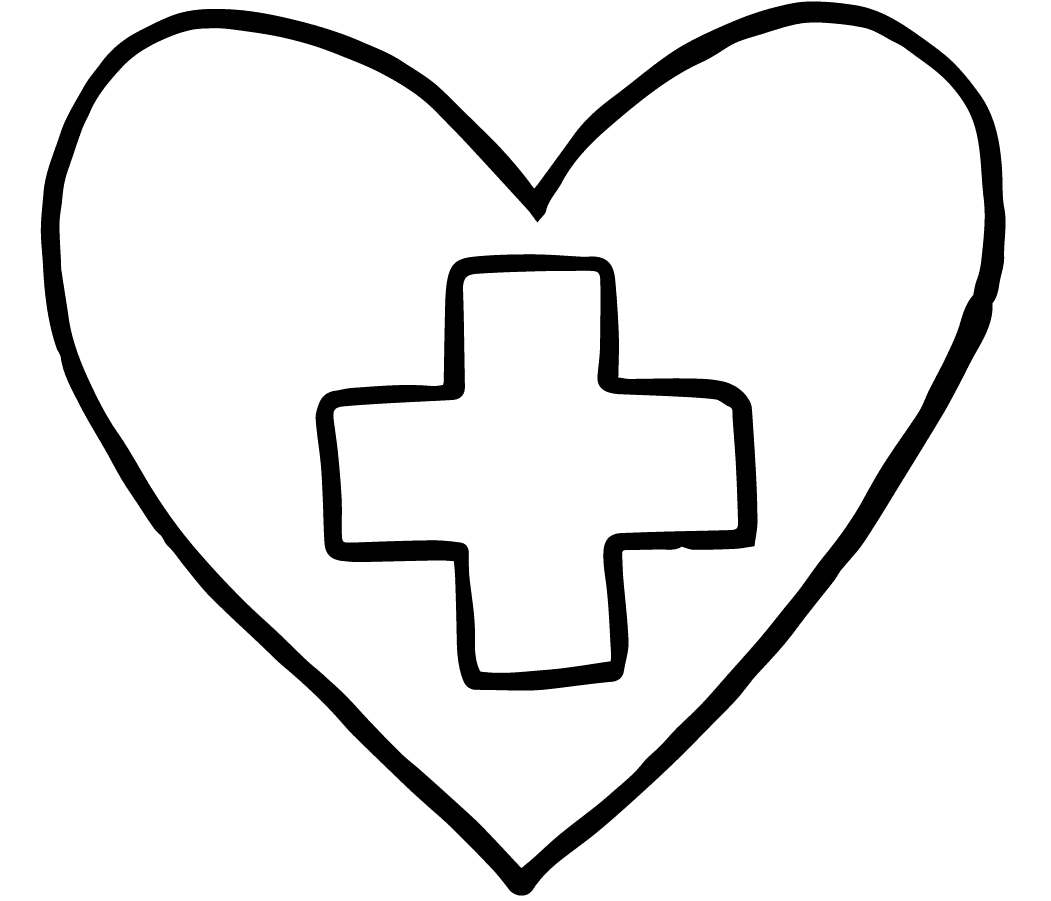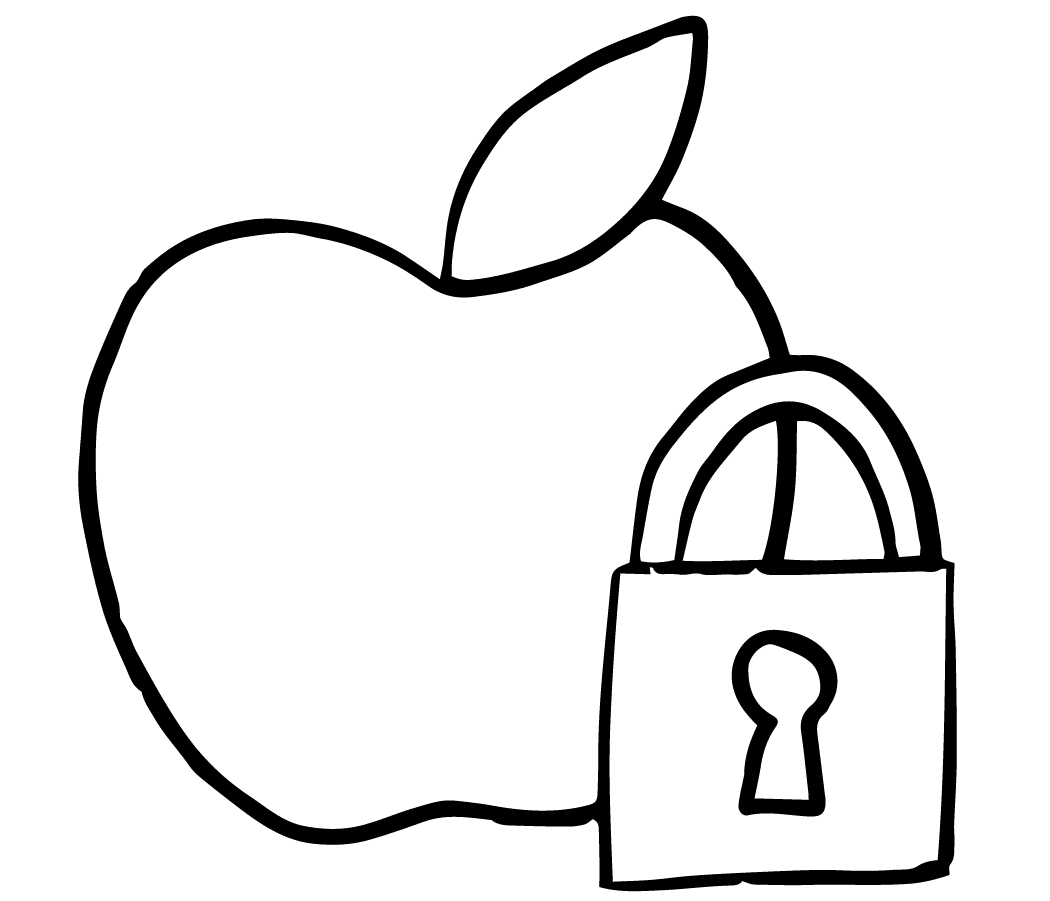- How will I take care of myself while I am a primary caregiver? How can I communicate my needs to the person with cancer and other people close to me?
- What are the things I enjoy doing that I can prioritize even while I am a caregiver?
- Who can I call for help with caregiving responsibilities when it’s too much for just me? Are there people in my life who can help with specific things, or are more equipped to help in certain ways? What type of assistance do I expect to need? Can I ask people now for help in the future?
- Will I serve as a point person to disseminate updates to the rest of the support system? How do I plan to do this (i.e. CaringBridge, newsletter, email, group text)? Is there someone else who can assist me with this?
- Who else in my life needs help during this time (i.e. kids, parents, pets)? Who can I ask to help them? If I have kids, how can I help them feel secure and loved during this time?
- What systems can I put in place now to help make caregiving easier? Are there apps I can use to share information with loved ones or services to run errands for me?
- Who in my life needs to be alerted that I am a primary caregiver (i.e. work, your kid’s school)?
- If I’m caregiving from far away, who is more local to the person with cancer that can be my eyes and ears on the ground? How often will I plan to visit the patient in person? How will the patient and I plan to stay in contact when we’re far away from each other?


What is a primary caregiver?
As a primary caregiver, you are your loved one’s right hand, the Hopper to their Eleven or the Gayle to their Oprah, if you will. You care for your loved one’s health and take over their daily responsibilities, while also keeping up with your own. Being the primary caregiver means that you might help your loved one prepare meals, bathe and dress them, manage their at-home medical care, deal with insurance and finances, coordinate their schedule, drive them to and sit through medical appointments, and more.
We’re not going to sugarcoat it, caregiving can be exhausting. It’s important to remember that while being a primary caregiver is important, no one can be a caregiver 24/7 for months or years on end. You can’t take care of anyone else if you aren’t taking care of yourself. Lean on other people in your support system so you don’t burn out.
Things to Think About
When someone you love is diagnosed with cancer, it’s hard to know where to start.
These questions will help you feel prepared as you move forward.
Download Checklist- What is the exact name of cancer that the patient has been diagnosed with? What is the stage or grade? What does that mean?
- What are the patient’s treatment goals? Are there multiple treatment options available? What are the pros and cons of each?
- How drastically will this cancer and treatment plan impact our current lifestyle?
- Who should I contact if I have questions or concerns about the patient’s health or treatment?
- In the event the person you care for is unable to make medical decisions for themselves, have they legally designated you as their healthcare proxy?
- How much is the patient’s cancer treatment projected to cost?
- How much of the patient’s treatment will insurance cover? What happens if the patient’s insurance is through their workplace or mine and we need to step away from work to deal with cancer?
- How will the person with cancer’s other finances change during cancer treatment? Will they spend less money in certain areas or more in others? Will their income be changing at all?
- How will my finances change while I am a caregiver? Will I spend less money in certain areas or more in others? Will my income be changing at all? How can I budget for any changes?
- Does my insurance plan cover emotional support, like therapy?
- Does my insurance plan cover additional wellness treatments, like acupuncture?
- If the person with cancer is my spouse or partner, does my insurance plan cover fertility preservation and other fertility related costs if we need it?
- Can we make a plan for my work on days when I need to be a full-time caregiver?
- How can I use my vacation or sick time, or PTO, to take time off to be a caregiver?
- What are the medical leave policies for caregivers? What about Family Medical Leave Act (FMLA) medical leave?
What to expect
Becoming a primary caregiver can feel overwhelming. It often means your relationship with your loved one is transitioning into something new and more intense. You may feel sad, shocked, frustrated, or even trapped at suddenly being thrust into this new role. There is no right or wrong way to feel right now.
The thing to remember is, if you’re constantly focused on caring for your loved one, it can be hard to think about yourself. You should not feel guilty for prioritizing your needs or leaning on your support system. When you don’t get the support and rest that you need, your emotions can feel overwhelming or you may develop physical symptoms, such as tiredness and trouble sleeping.
It’s impossible to care for someone else if you’re not at 100% yourself.
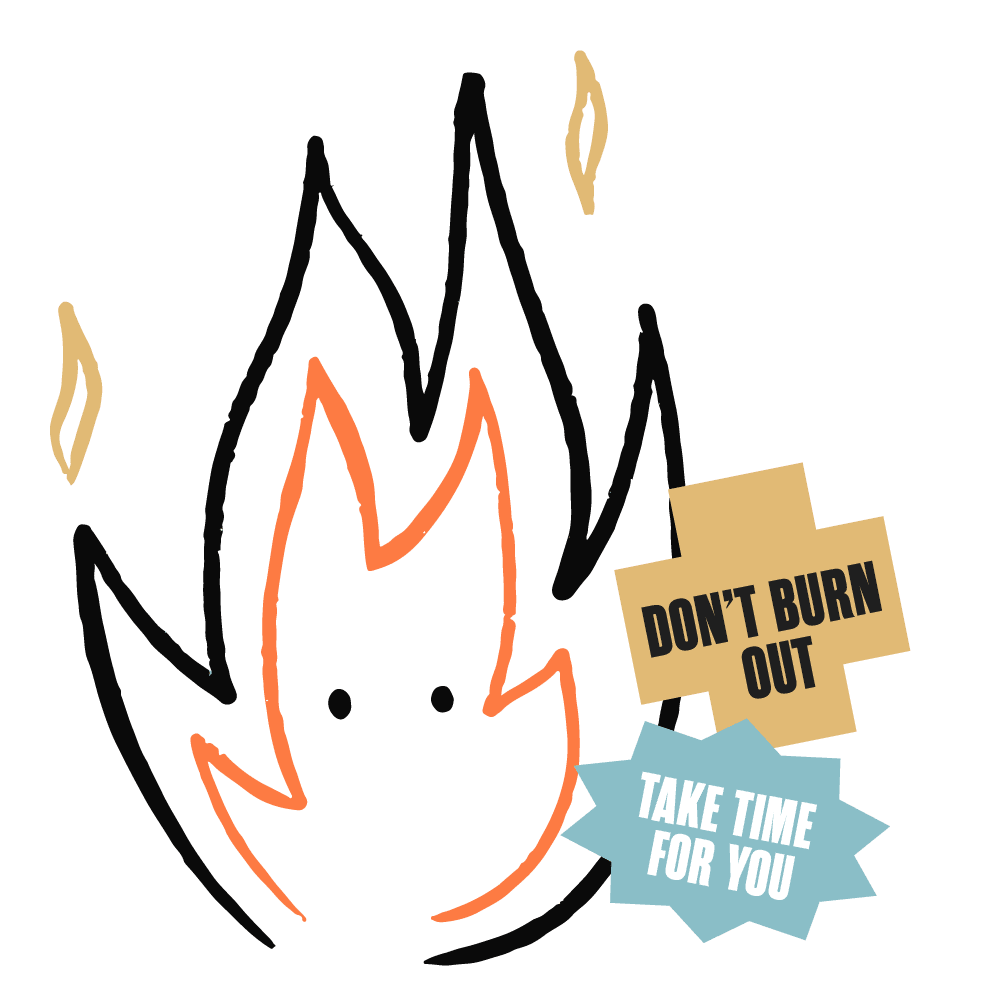
GUIDES FOR CAREGIVERS
Supporting a loved one with cancer is hard. Our library is here to help you get through it.
Our programs
We provide programs for patients and caregivers across the country. See how we can help you.
Learn More




